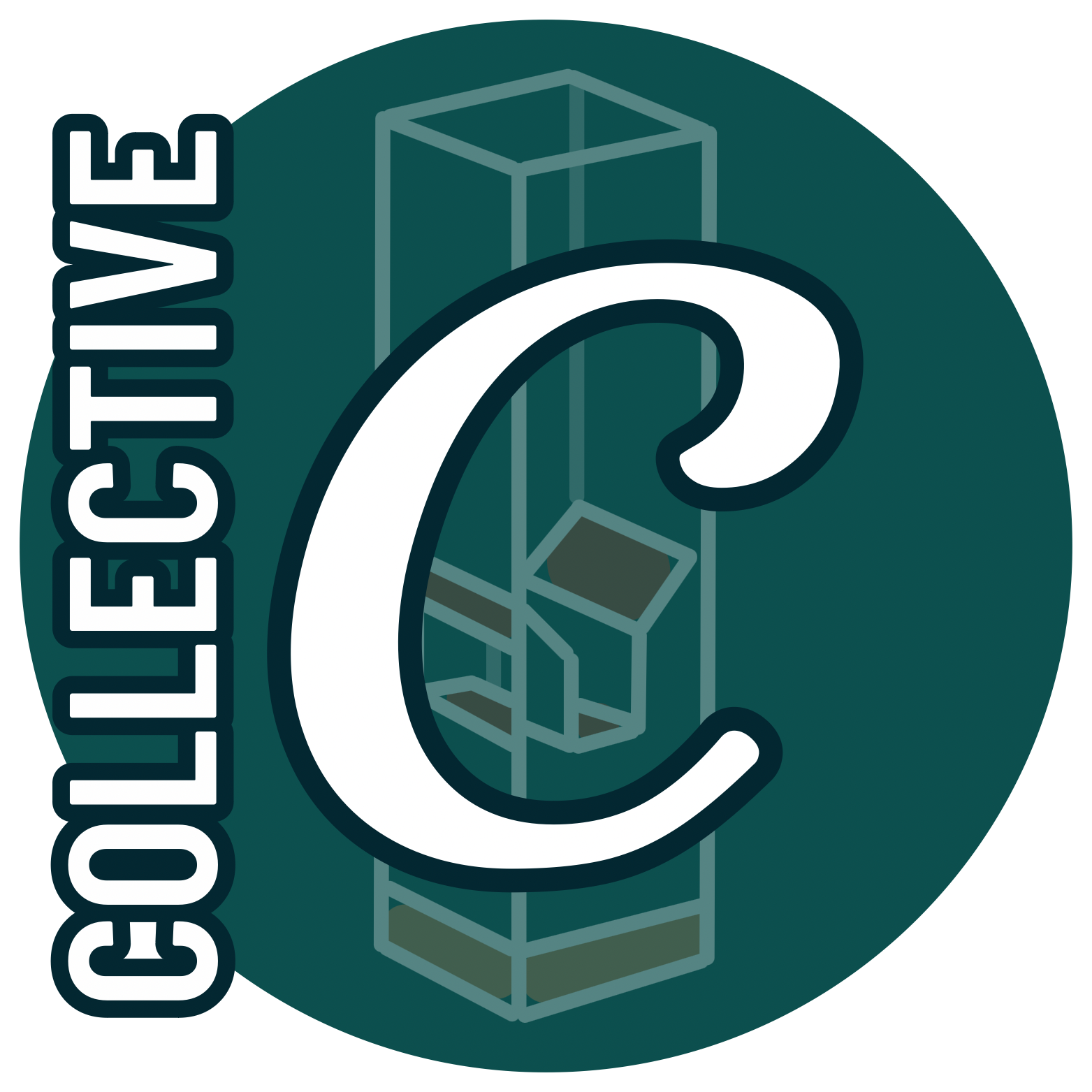Welcome to another episode of the Curious Scientists 🧪 Podcast!
Today, Drs. Corrales and Rosa discuss the impact of framing a message that elicits support and action in reform.
🗝️ Key Takeaways
- Empathy alone may not be enough: While empathy is crucial in understanding the experiences of marginalized groups, it may not be the most effective framing strategy for promoting change.
- Interdependence and self-interest: Framing messages around interdependence and self-interest can more effectively garner support for reforms. Emphasize how addressing inequities benefits everyone, not just the marginalized groups directly affected.
- Accessible language and practical solutions: Use clear and accessible language to communicate research findings and recommendations. Provide concrete examples and practical solutions that educators can quickly implement.
- Target the right audience: Consider your intended audience when framing your message. Tailor your language and examples to resonate with the specific group you're trying to reach.
- Authenticity and values alignment: Be authentic in your framing and ensure it aligns with your values and beliefs. Avoid diluting your message to appease reviewers or conform to norms.
🎙️ About the Hosts
Dr. Vanessa Rosa:
- Advocate for science education reform and founder of Cuvette Collective.
- Passionate about transforming science education and challenging academic conventions.
- Expertise in science education research, curriculum development, and assessment.
Dr. Adri Corrales:
- Education researcher, educator, and director of community engagement for Cuvette Collective.
- Focus on equity and inclusion in science education.
- Expertise in qualitative research methods and critical theory.
Next: Heterogeneous effects in education 🔄
A literature synthesis on approaches to capture heterogeneous effects (or intersectionality) in education and crucial considerations.
Click to Access ➡️About Cuvette Collective:
Cuvette Collective represents a community of educators and scientists dedicated to empowering the societal impact of STEM research.
We provide tailored tools, strategies, and insights to help scientists craft authentic, impactful broader impact plans that align with NSF priorities and their research focus.
Our engaging blog posts, interactive resources, and personalized consulting services support researchers in leveraging their scientific expertise to make a meaningful difference in society.
How to get involved:
1️⃣ Subscribe to our blog for the latest tips and insights.
2️⃣ Apply to participate in the Broader Impacts Excellence Program.
3️⃣ Reach out and let us know how we can help to enhance your broader impacts efforts.








Member discussion